Meat plants become COVID-19 hotspots; 58% test positive at one plant
meaty problems —
Consumers are starting to see meat shortages after thousands of workers fall ill.
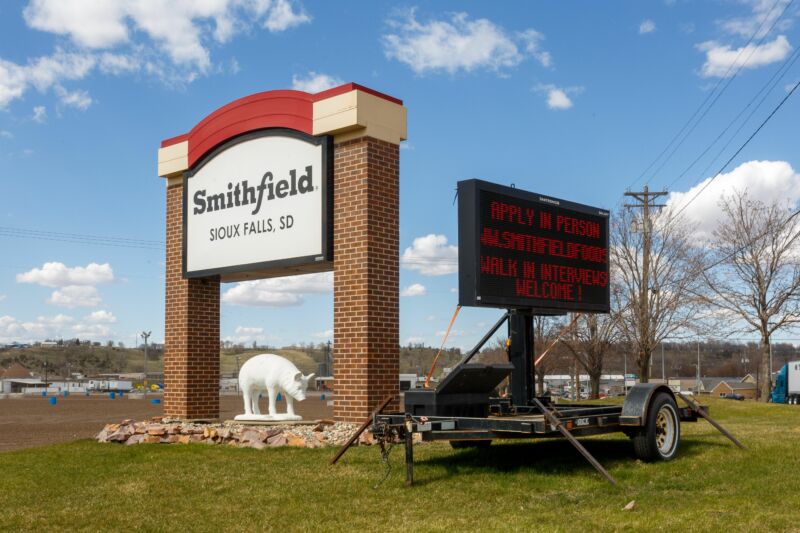
Enlarge / Smithfield Foods pork plant in South Dakota is closed indefinitely in the wake of its coronavirus outbreak.
Meat- and poultry-processing facilities have become hotspots for COVID-19 outbreaks, with cases spreading in over 100 plants across the country.
Federal and state public health researchers reported Friday, May 1, that at least 115 meat and poultry plants in 19 states have had been affected by the pandemic. In all, the researchers counted at least 4,913 sickened workers and at least 20 deaths. The findings are likely an undercount given different testing strategies at facilities and the fact that some facilities did not submit any data.
For instance, the only data researchers had from Iowa indicated that only 377 workers in two plants in the state had been sickened. But on Tuesday, May 5, Iowa health officials announced that there were at least 1,653 cases from four plants that had outbreaks—meaning 10 percent or more of the workforce had been sickened.
A Tyson plant in Perry, Iowa, had 730 cases alone, which amounts to 58 percent of tested workers at the facility. Iowa Premium Beef in Tama saw 258 cases, which is 39 percent of workers tested. A Tyson plant in Columbus Junction had 221 cases, 26 percent of those tested. Tyson’s Waterloo facility had 444 cases, 17 percent of tested employees.
The three Tyson plants closed for cleaning at various points in April. On Tuesday, the company said the Waterloo facility, which is still closed, will resume limited operation on May 7.
Safety problems
“Our top priority is the health and safety of our team members, their loved ones and our communities,” Tom Hart, plant manager of Tyson’s Waterloo facility, said in a statement. He noted that the facility had worked with local officials and health experts to better protect workers from the disease.
Keeping workers safe in meat processing facilities is a particular challenge, according to the researchers behind the study last week, which was published by the Centers for Disease Control and Prevention in the Morbidity and Mortality Weekly Report.
According to data from risk assessments:
Facility challenges included structural and operational practices that made it difficult to maintain a 6-foot (2-meter) distance while working, especially on production lines, and in nonproduction settings during breaks and while entering and exiting facilities. The pace and physical demands of processing work made adherence to face covering recommendations difficult, with some workers observed covering only their mouths and frequently readjusting their face coverings while working. Some sites were also observed to have difficulty adhering to the heightened cleaning and disinfection guidance recommended for all worksites to reduce SARS-CoV-2 transmission.
The researchers also noted cultural and economic challenges to controlling disease spread in meat-processing facilities. For instance, one facility had workers who spoke 40 different primary languages. And “many workers live in crowded, multigenerational settings and sometimes share transportation to and from work, contributing to increased risk for transmission of COVID-19 outside the facility itself.”
For these reasons, they concluded that these facilities are at high risk of outbreak, which “requires prompt action to decrease risks to workers, preserve facility function, and maintain the food supply.”
Breaking the chain
Once COVID-19 begins spreading in a meat facility, it could easily become a source of infection for the greater community—or vice versa. Of the top 10 metropolitan areas with the highest new confirmed cases per capita, five have meat processing plants with outbreaks, The New York Times noted Wednesday.
Meanwhile, the United States has already begun experiencing shortages in certain meat products, including fresh beef, due to COVID-19-related closures and disruptions. Hundreds of Wendy’s fast-food restaurants have run out of hamburgers, and several grocery chains are limiting purchases of certain meat items, the Times reported Tuesday.
The chairman of Tyson Foods took out full-page advertisements in the Times and The Washington Post last week warning that “the supply chain is breaking.”
To better protect meat-plant workers, the researchers behind the MMRW report made several recommendations, such as slowing down the pace of production, installing physical barriers between work stations, screening employees for symptoms, requiring masks, offering paid sick leave, and stepping up sanitation and hygiene stations.
However, workers have reported that meat companies have ignored health recommendations since the pandemic began, including failing to offer masks and other protective gear and encouraging people to work while sick.
According to an independent tally of COVID-19 cases in meat-plant workers by Midwest Center for Investigative Reporting, there have been at least 10,800 cases from 170 plants in 29 states, including 45 deaths as of May 6.

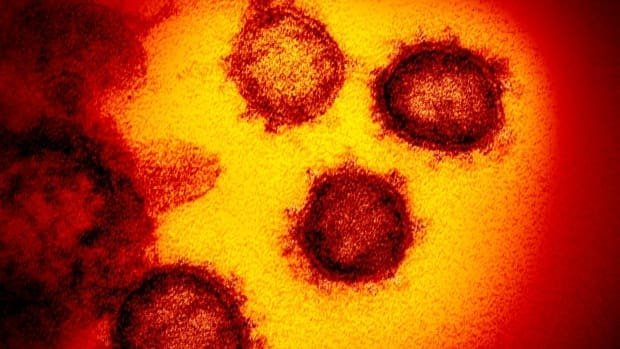
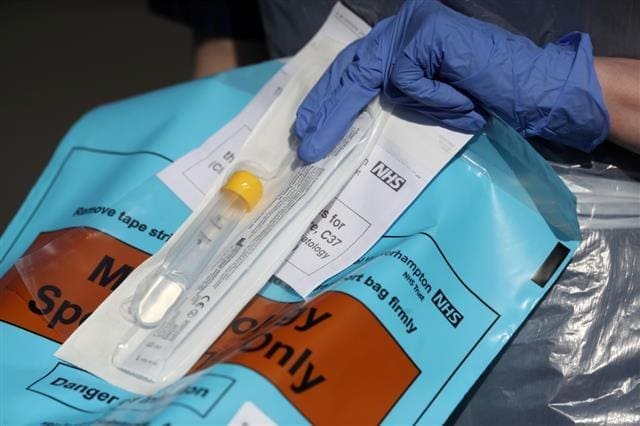
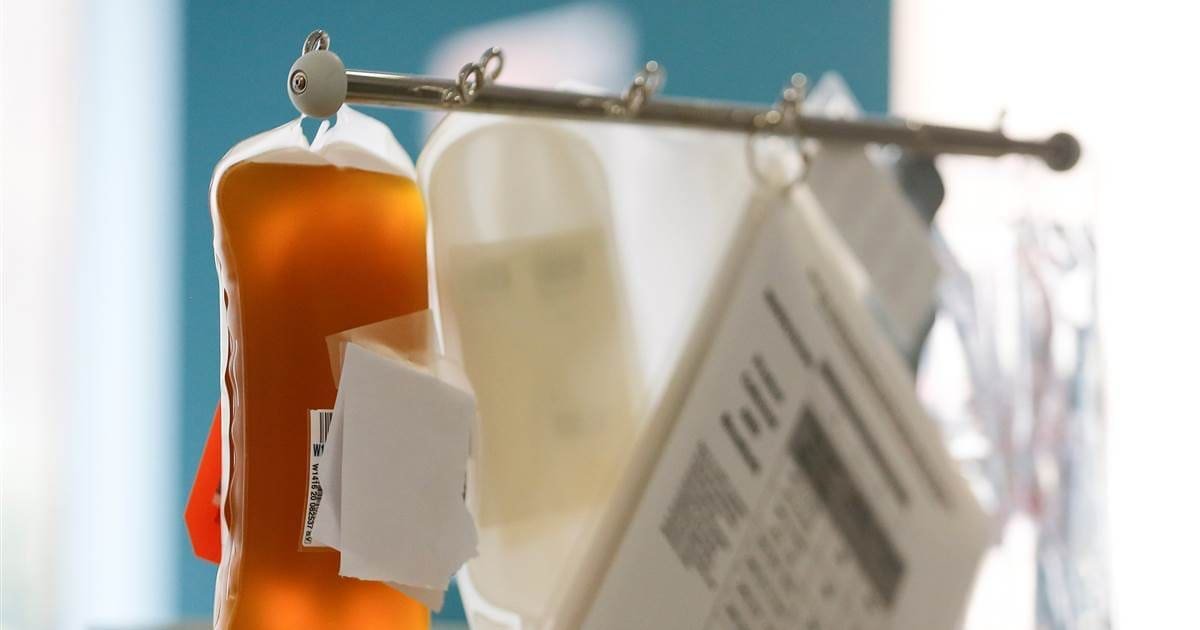
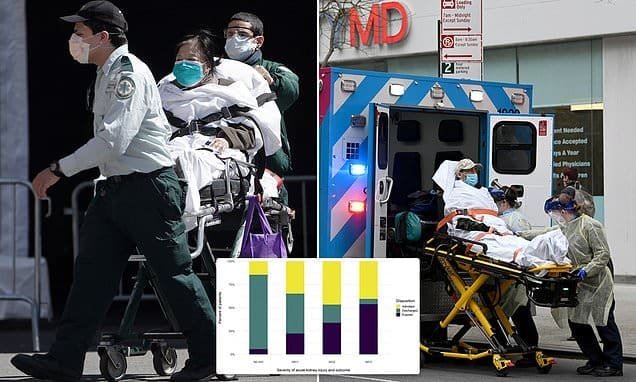
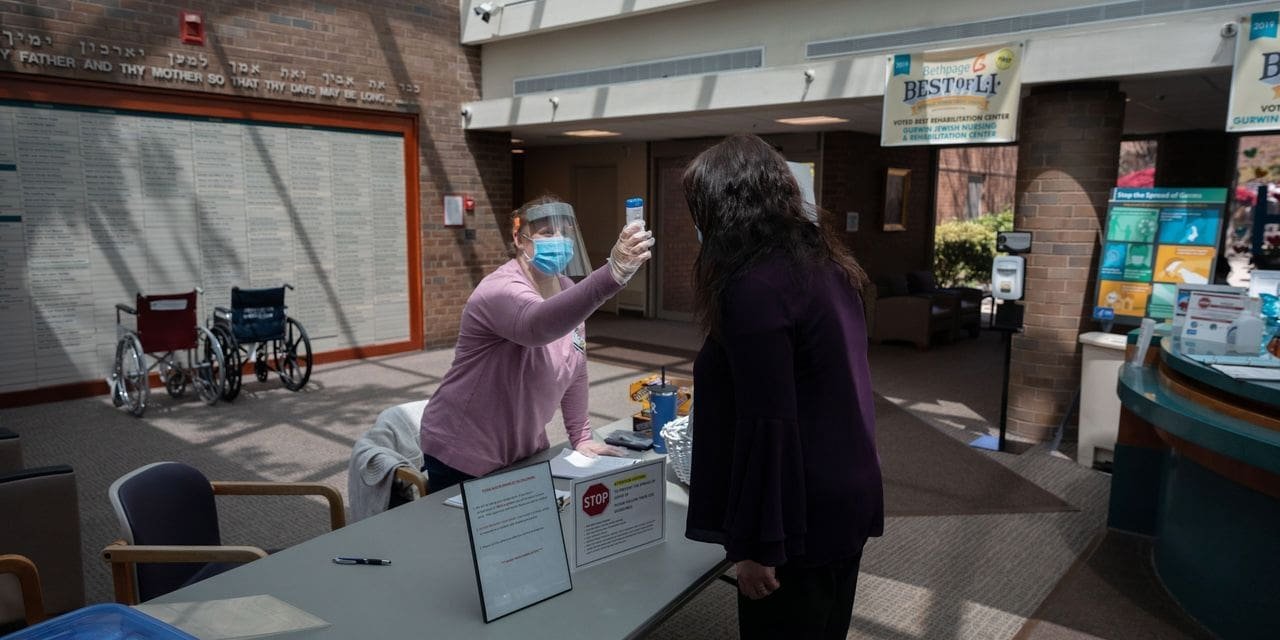
Recent Comments